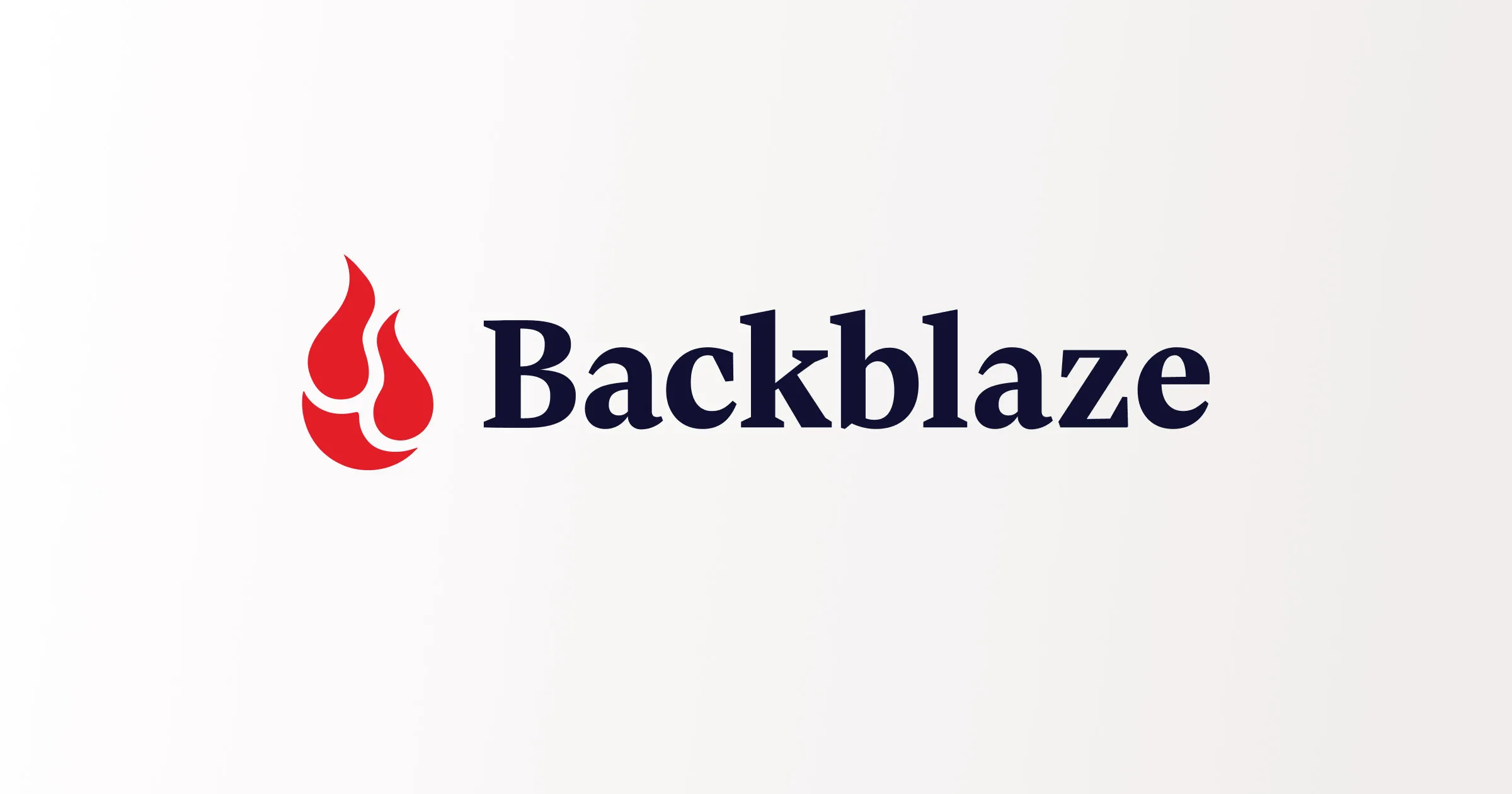Yeah, depending on usage, it is hard to recommend either of those drives to be honest. Personally I picked up Toshiba MG07ACA14TE drives for my storage server (these are 14TB). Backblaze first tested with this model of Toshiba before then purchasing over 20,000 drives, but they switched to the MG07ACA14TA model. It is the same drive, just with a firmware tweak so that it presents as a straight 4k block size. The "TE" has a firmware to present as 512 block size to support additional/older controller cards that might not recognize the newer 4k block sizes, and it also has persistent write cache for data loss protection on power failure. So I paid slightly more for the write loss protection on power failure and to make sure it was recognized in my SAS controllers (even though my system is on battery backup, it is possible that it doesn't shutdown cleanly during a power loss event, so I wanted to make sure writes to the drive are properly handled even with a power loss).
I think these are some of the best still on the market if you need a larger amount of storage. HGST is also a decent manufacturer, but I havn't seen as much information on their larger sized disks (i.e. over 8TB) Their smaller 2-4TB drives seem to have been rock solid, but those drive sizes don't run into the same problems that the larger ones do (i.e. you don't need helium filled drives at those sizes because you don't need 7-9 platters in the drive).



